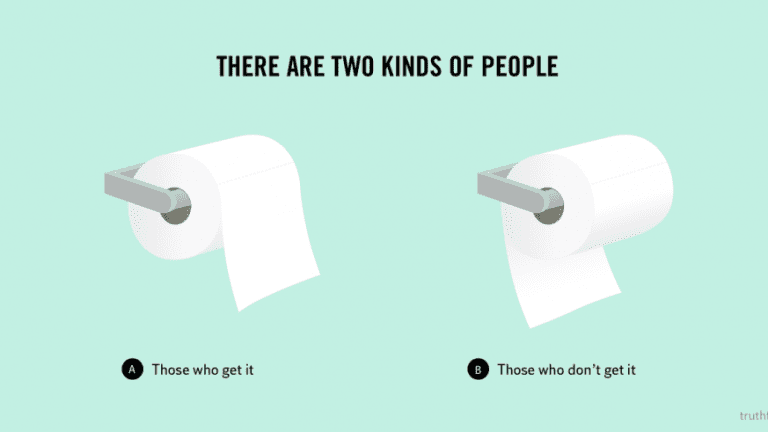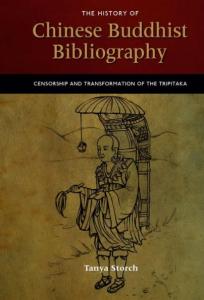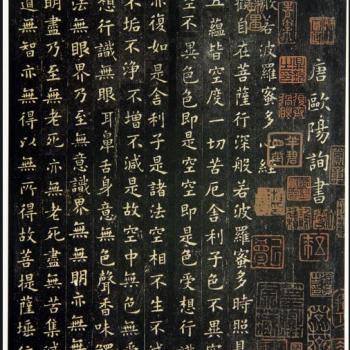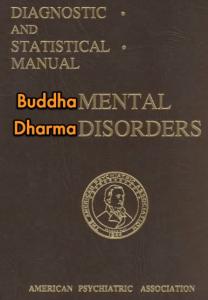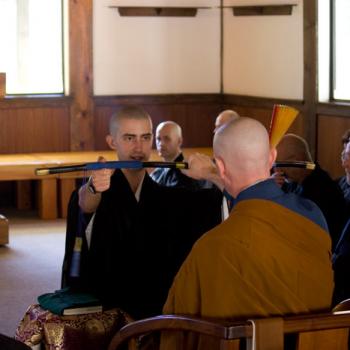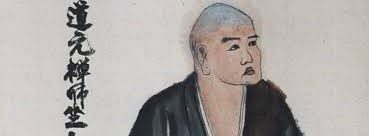What about when you feel that you just can’t do it? When you’re beset with tight, bitter feelings. When you’ve been wronged? What is practice at just such a time? Turns out that we’re not alone, of course, and that practitioners have long had these normal human feelings. If you’d like to dig deeply into these issues, this post is for you. It includes my translation of “Case 41: Luòpǔ With One Foot in the Grave”... Read more



